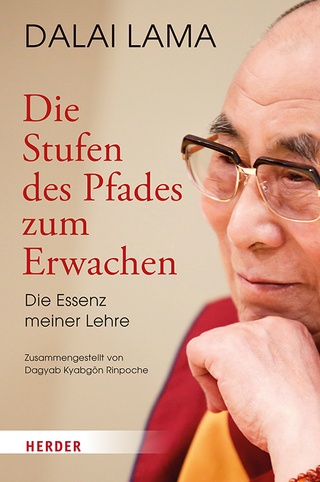
Mobilizing Religion in Middle East Politics
A Comparative Study of Israel and Turkey
Seiten
2019
Routledge (Verlag)
978-0-8153-6115-2 (ISBN)
Routledge (Verlag)
978-0-8153-6115-2 (ISBN)
Contrary to the expectations of the secularization theorists, religious political movements rose to prominence in numerous countries across the globe in the past three decades. By examining the conditions that underlie the electoral fortunes of religious actors in democratic regimes, this book contributes to our understanding of this worldwide religious resurgence.
Employing a social movement theory framework, Mobilizing Religion in Middle East Politics explores the macro and micro dynamics of successful political mobilization by Sephardic Torah Guardians (Shas) in Israel and the National Outlook Movement in Turkey in the recent decades. In a comparative framework, the book demonstrates how ripe political opportunities, appropriate frames and dense social networks contribute to building popular support in Israel and Turkey. Yusuf Sarfati also assesses the effects of the increasing political power of religious actors on democratic governance and illustrates similarities and differences between two countries.
Drawing on empirical data from a range of interviews conducted in both Israel and Turkey, this book provides a comparative study of religious politics in two countries that are often thought of as ‘exceptional cases,’ and are rarely compared. As such, this book is a welcome contribution for those studying Middle East politics, comparative politics, religious politics, democratization and social movements.
Employing a social movement theory framework, Mobilizing Religion in Middle East Politics explores the macro and micro dynamics of successful political mobilization by Sephardic Torah Guardians (Shas) in Israel and the National Outlook Movement in Turkey in the recent decades. In a comparative framework, the book demonstrates how ripe political opportunities, appropriate frames and dense social networks contribute to building popular support in Israel and Turkey. Yusuf Sarfati also assesses the effects of the increasing political power of religious actors on democratic governance and illustrates similarities and differences between two countries.
Drawing on empirical data from a range of interviews conducted in both Israel and Turkey, this book provides a comparative study of religious politics in two countries that are often thought of as ‘exceptional cases,’ and are rarely compared. As such, this book is a welcome contribution for those studying Middle East politics, comparative politics, religious politics, democratization and social movements.
Yusuf Sarfati is an assistant Professor of Politics and Government at Illinois State University where he has taught on the comparative politics of the Middle East since 2009. He is also the Director of the Middle Eastern and South Asian minor program at ISU.
1 Introduction 2 Theoretical Framework 3 Setting the Stage: The Creation and Politicization of Sociocultural Cleavages in Israel and Turkey 4 State Incorporation of Shas as Expanding Political Opportunity 5 State Incorporation of Religious Actors in Turkey in 1970s and 80s 6 The Politics of Shas 7 The Rise, Fall and Transformation of Political Islam in Turkey: from the 1990s to 2012 8 Politics of Religious Schooling 9 Conclusion
| Erscheinungsdatum | 14.07.2018 |
|---|---|
| Reihe/Serie | Routledge Studies in Middle Eastern Politics |
| Verlagsort | New York |
| Sprache | englisch |
| Maße | 156 x 234 mm |
| Gewicht | 453 g |
| Themenwelt | Geisteswissenschaften ► Religion / Theologie |
| Sozialwissenschaften ► Politik / Verwaltung | |
| ISBN-10 | 0-8153-6115-7 / 0815361157 |
| ISBN-13 | 978-0-8153-6115-2 / 9780815361152 |
| Zustand | Neuware |
| Haben Sie eine Frage zum Produkt? |
Mehr entdecken
aus dem Bereich
aus dem Bereich
die Essenz meiner Lehre
Buch | Hardcover (2023)
Verlag Herder
CHF 51,90


